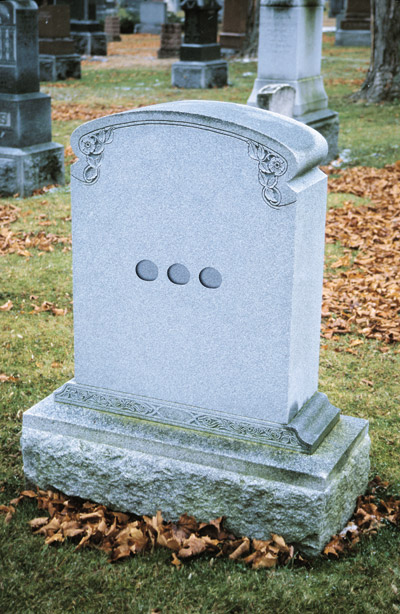Kill Me Already
 Though we protest otherwise, I rather think we like when our favorite characters die. That’s precisely why people initially liked Game of Thrones or The Walking Dead — the knowledge that no one you loved was safe because the stakes were that damn high. It was bold, daring TV.
Though we protest otherwise, I rather think we like when our favorite characters die. That’s precisely why people initially liked Game of Thrones or The Walking Dead — the knowledge that no one you loved was safe because the stakes were that damn high. It was bold, daring TV.
I mean, when Game of Thrones started, it had one really big-name star: Sean Bean. And then Sean Bean died nine episodes later — beheaded for a new entry on the Sean Bean Death Reel.
That sense of tension is largely absent from the show these days. Does anyone really think that they’re just going to abruptly kill Cersei off in two weeks? Of course not. She’s too big a character to die in anything less than the series finale. Daenerys and Tyrion are even more immortal. Let’s not even start talking about Jon Snow.
The show is still good, but knowing that the characters are largely safe from Red Wedding-degree danger does take the wind out of its sails somewhat.
Superhero movies have the same problem. (Warning: Some spoilers ahead.) In Batman v Superman: Dawn of Justice, Superman is dead and literally buried at the end, but there is absolutely no one on this planet who actually thinks he won’t pop up, sprightly as ever, in Justice League.
So what was the point of him “dying”? They couldn’t even wait till the next movie to tease that he’s alive: The final shot was of a few grains of dirt levitating off Clark’s coffin. His sacrifice meant exactly nothing.
And death is all about consequence. Death is, in fact, the final consequence, the ultimate ending — we have no real-life caveats or loopholes that save us when our time has come. When someone dies, it’s over. And the living must make do with what’s left in the rubble.
When TV shows or films use death as a temporary waiting zone, it cheapens the tragedy. “Death” may as well mean “stepped out for Starbucks” or “got put in timeout.” This is not to say that shows shouldn’t employ death as a dramatic device, but if you are going to use it, you should commit to it and its aftermath.
This all proves there is just too much power in our hands.
Like, if we go online and complain enough, we can alter the course of a story. If The Walking Dead‘s Daryl dies, people will be massively upset. People might even stop watching. And so Daryl endures against the odds.
We’re no longer simply reacting — we are acting, trying to alter things with petitions and hashtag campaigns and volume, and by god, it’s working. The landscape of TV is changing in many ways.
And so it seems death is the real casualty of this new relationship between media and viewers.
PTAKEYA@MIDWEEK.COM
TWITTER: @LORDMAYOCLOUD

